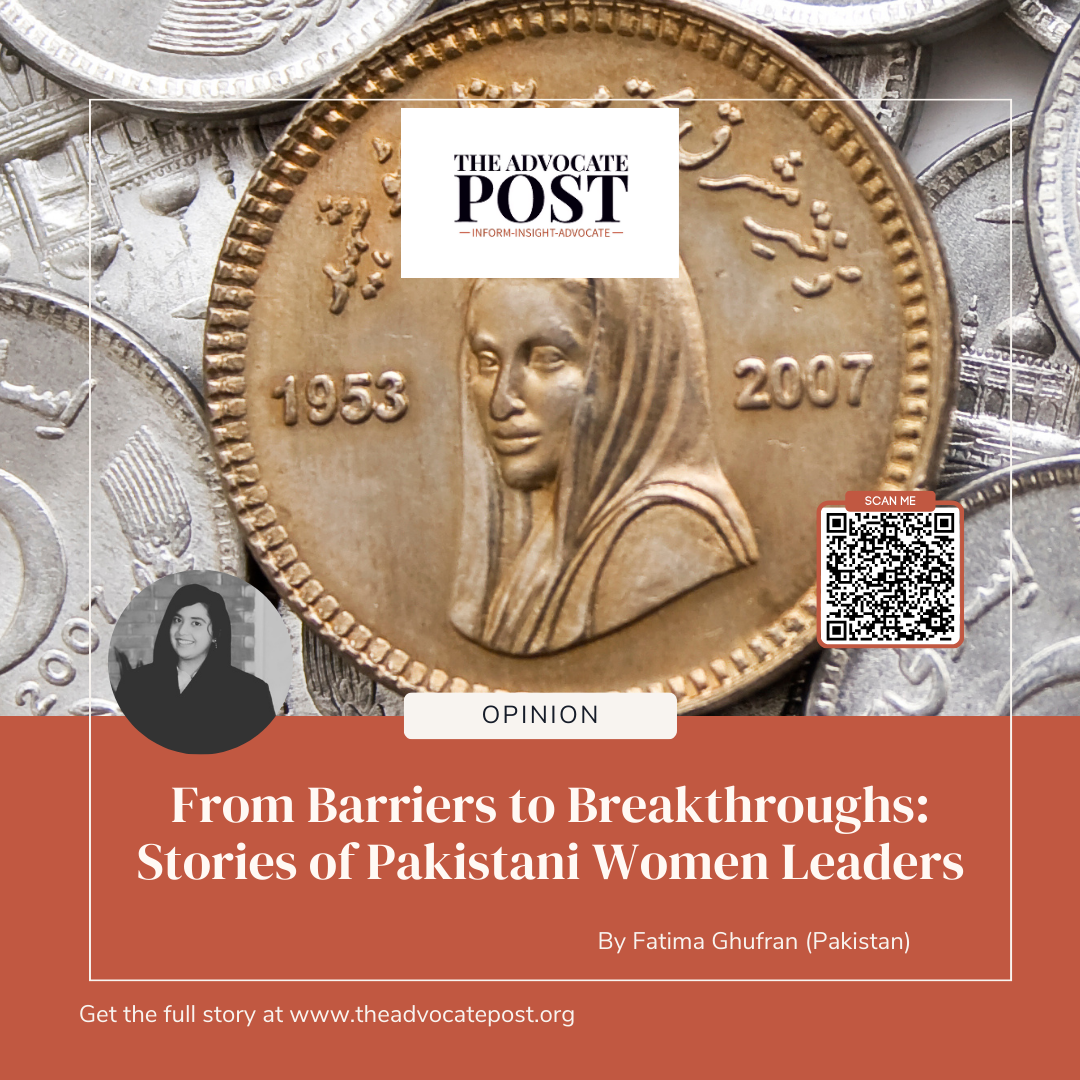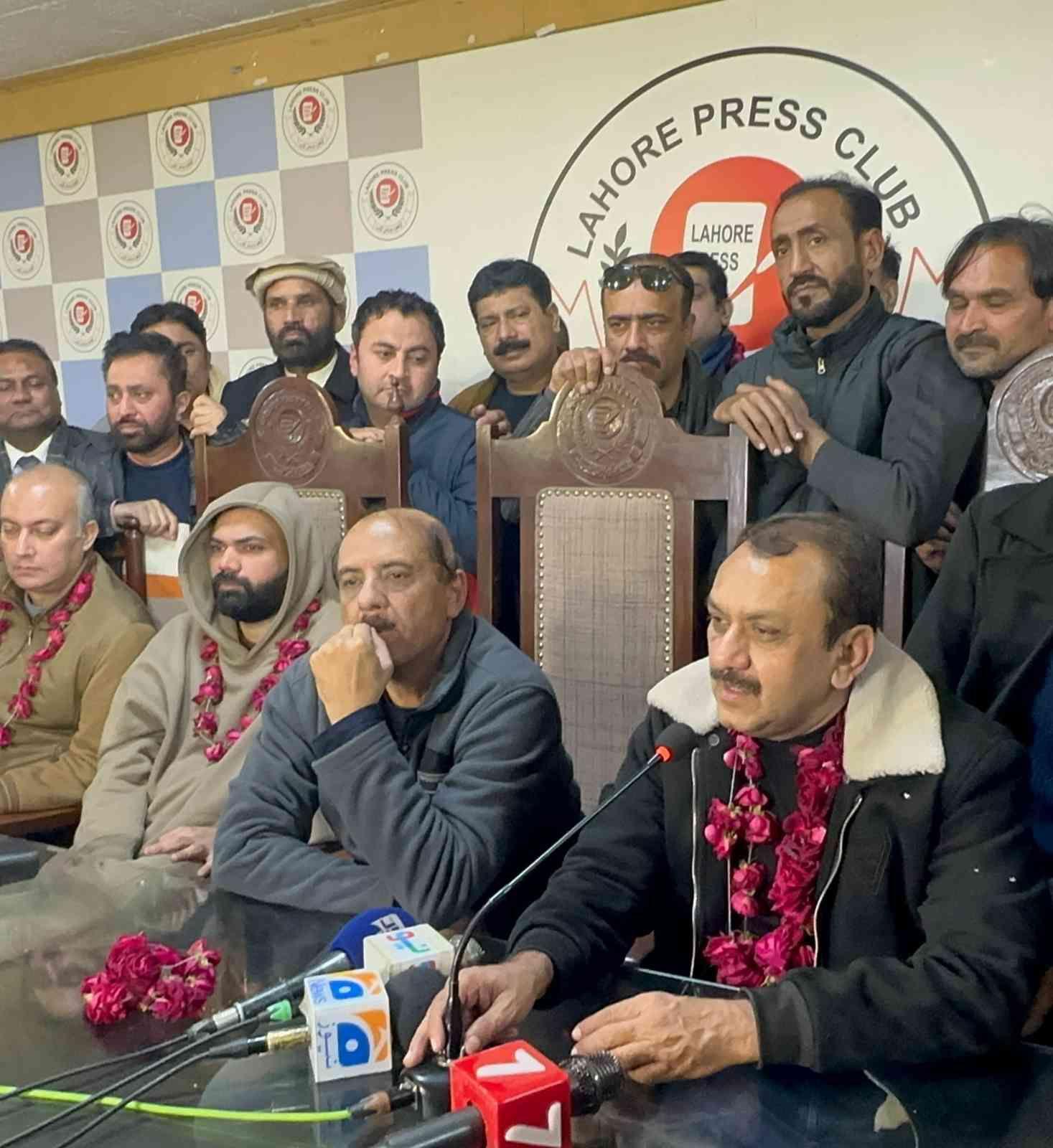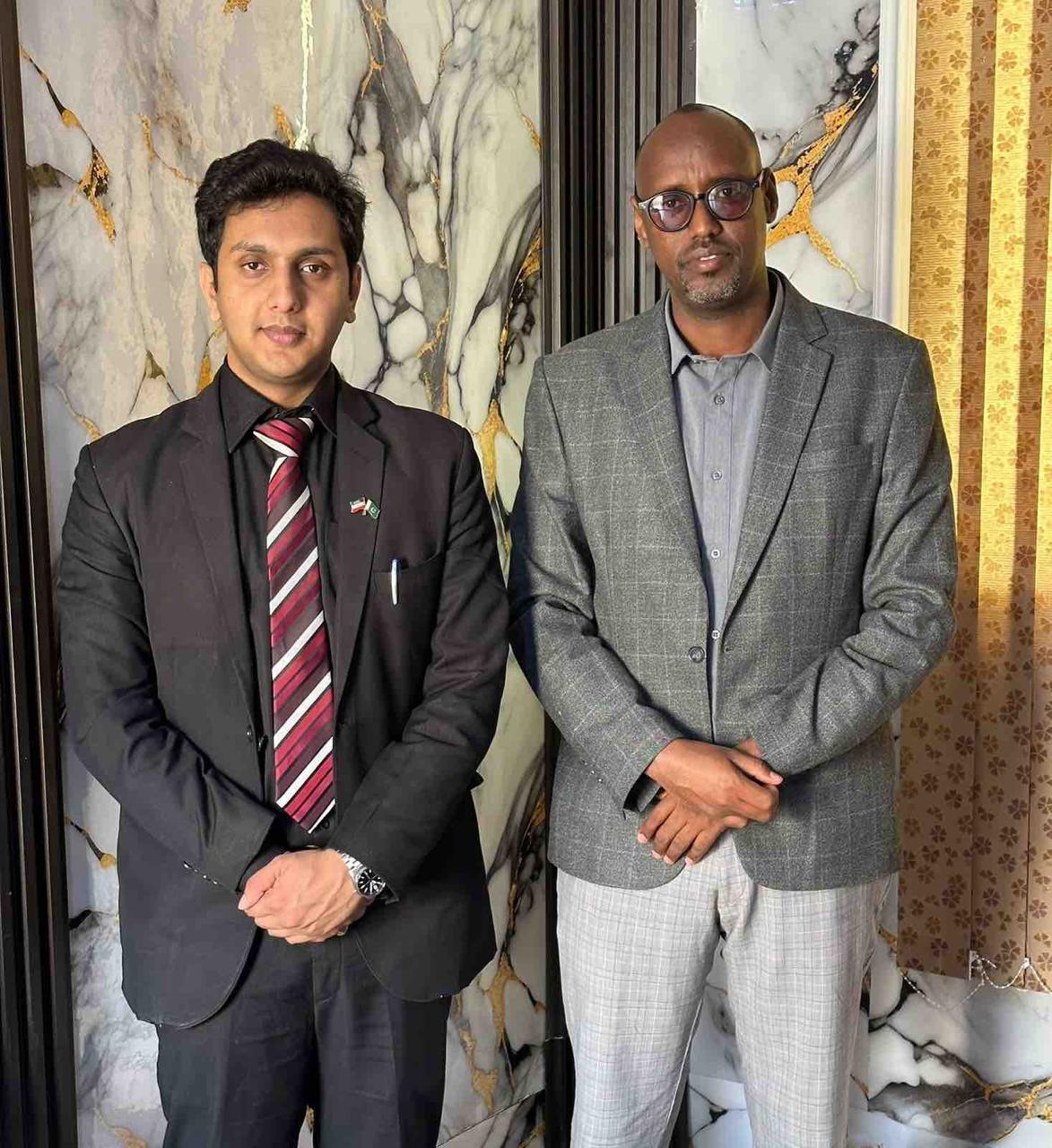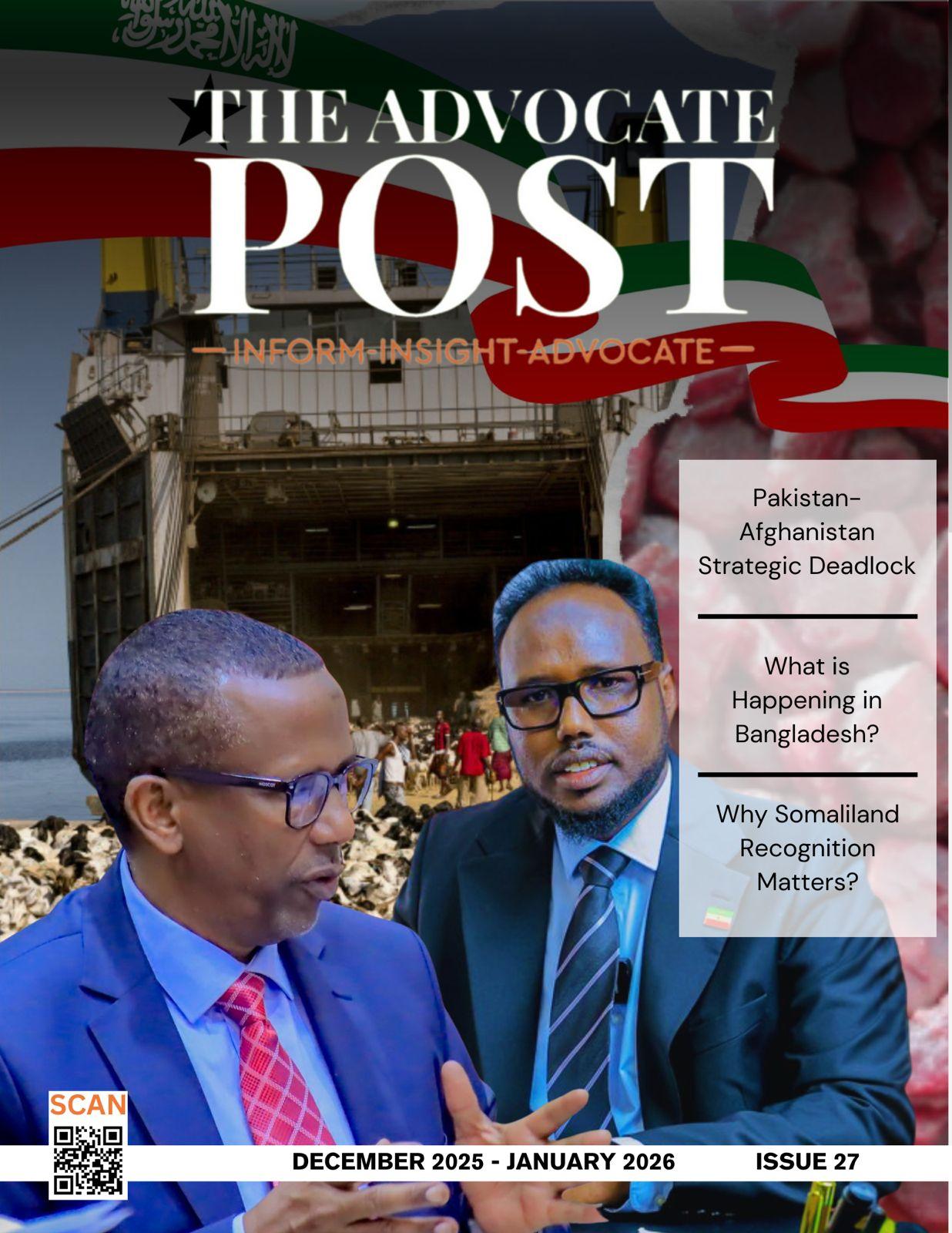By Fatima Ghufran (Pakistan)
I rarely start my articles with a story, but today I can’t resist sharing one. Though it was a common sight, it left a deep impression on me. A few days ago, I was travelling when suddenly, a series of cars came to an abrupt halt, nearly colliding with one another. After a moment of confusion, I realized that a car further up the line had stopped abruptly, triggering the commotion. Curious, I rolled down my window to get a clearer view, and that’s when I heard someone say, ‘Yakeenan auratchala rahi hogi!’ — ‘It must be a woman driver.’ It could have been anyone. Like my friend says, “A bad driver is a bad driver, gender has got nothing to do with it!”
It is difficult to talk about casual sexism in Pakistan due to it being etched in the very fabric of the nation’s mindset. Just recently, I talked to a junior female advocate who had only graduated a month ago at the time, regarding her experience of going to the Lower Courts. She replied in a one liner which is unforgettable, “The judges are generally helpful and kind to junior lawyers in most cases but as a woman, walking to the courtrooms means you will almost certainly face unwanted touches along the way.” I was shocked—not by her words, for unfortunately, they are all too familiar, but by the unwavering certainty in her tone. She spoke of it as one might describe the sun rising—predictable, inevitable, almost beyond question. It was as though this violation was not merely expected but accepted, woven into the experience of entering these spaces as a woman.
Treading an uncertain and challenging path in a male-dominated society is arduous, regardless of the field. Although this may sound pessimistic, let us now turn to some of Pakistan’s exemplary women who have battled misogyny and sexism to become powerful symbols of women’s empowerment. Their achievements foster a progressive image of Pakistan—a nation that continues to counter stereotypical portrayals in international media, Islamophobic narratives, strict censorship, and an escalating constitutional crisis.
As a law student, I feel a deep responsibility to honor the remarkable legacy of Madam Asma Jehangir. Her bold and relentless fight for the rule of law and democracy continues to inspire us all to carry her vision forward. Despite facing fierce criticism and enduring relentless personal attacks, she never wavered in her dedication. Through her founding of the Human Rights Commission of Pakistan (HRCP) and the AGHS Legal Aid Cell, she championed justice and human rights for those who needed it most. Her courage and resilience light a path for all who believe in justice, proving that one determined voice can spark lasting change. The appointment of Mrs. Justice Ayesha A. Malik as the first female judge of the Supreme Court, along with the historic victories of Ms. Rabbiya Bajwa and Ms. Sabahat Rizvi as Vice President and Secretary of the Lahore High Court Bar Association (LHBA) Elections 2023 respectively, represent significant milestones in the empowerment of women within Pakistan’s legal profession. These achievements not only honor Madam Asma Jehangir’slegacy but also serve as powerful symbols of progress, inspiring future generations to continue breaking barriers and paving the way for a more inclusive and just society.
Women continue to set inspirational precedents for their peers and the future generations across the philanthropic front as well. Bilquis Edhi’s remarkable legacy fills every Pakistani heart with pride, especially her Jhoola (Cradle) Initiative, which sought to combat the tragic practice of female infanticide. This initiative addressed the cultural stigma surrounding the birth of female children, particularly those with disabilities. In 2022, Bilquis Edhi was honored with a spot on The Muslim 500, a global list recognizing the most influential Muslims, and was awarded Pakistan’s second-highest civilian honor, the Hilal-e-Imtiaz. Her tireless work in maternity care, child welfare, and post-disaster aid not only continues to be remembered, but it has also set a lasting standard for humanitarian efforts.
To blend the powerful words of Oprah Winfrey and Nelson Mandela: “You become what you believe” and “It always seems impossible until it’s done,” let these examples ignite the fire within to create change. History shows that you don’t need wealth to help others—just a heart as vast as Bilquis Edhi’s. You don’t need praise to lead the charge for justice; you need the valor of Madam Asma Jehangir. Education, money, fame, andstatus are all secondary to one essential trait: the spirit to make a difference. You have the power to inspire, lead by example, and transform lives. Let nothing stop you—no barrier, no man, no force—because the world needs your voice and your action.
The Author is a law student at the University of London, a journalist and blogger focused on legal, socio-political, women and environment related issues





